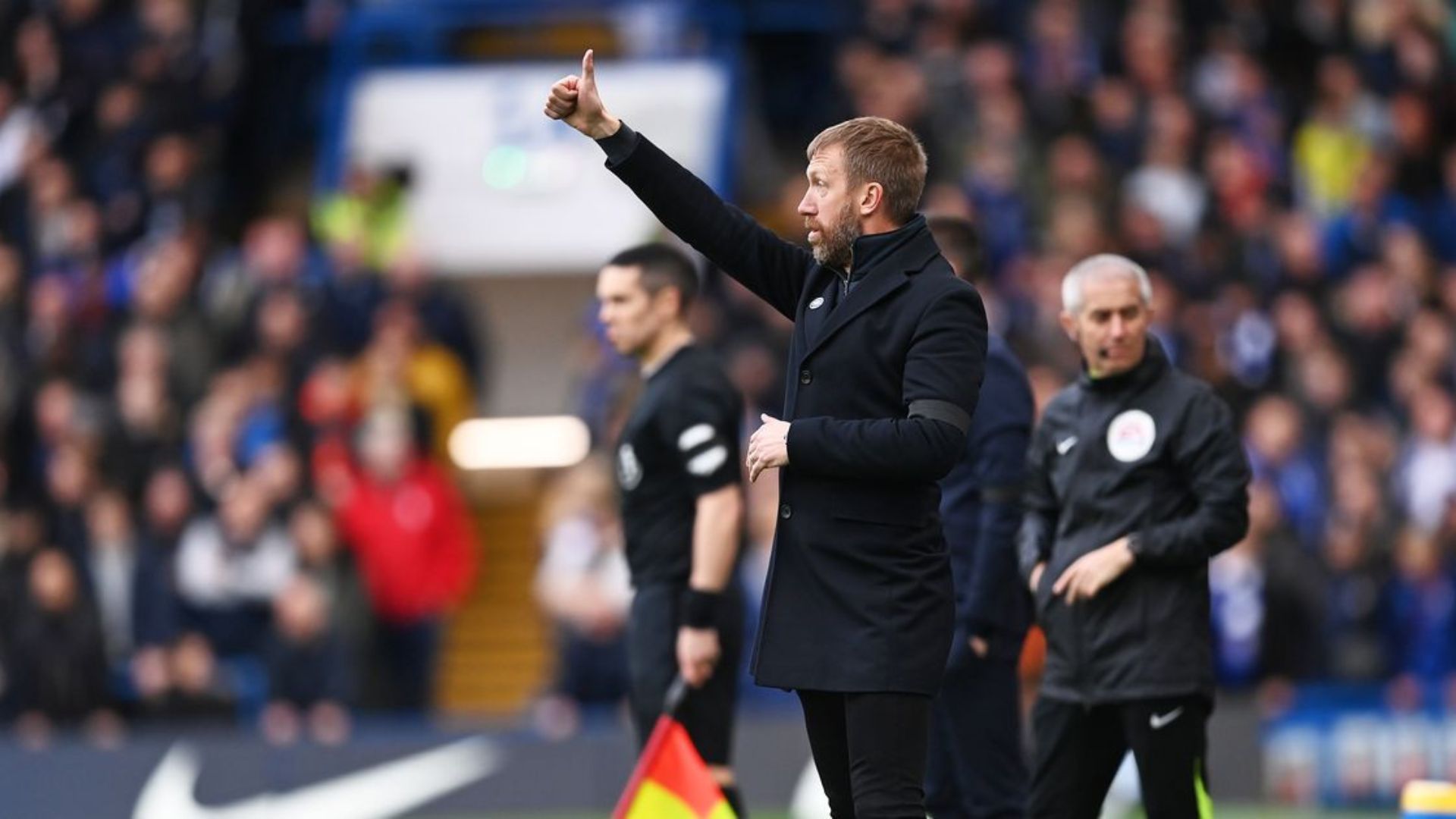Following a controversial penalty call in last week’s 1-0 loss to Southampton, Chelsea FC manager Graham Potter has expressed his skepticism about using VAR in football. Potter was irritated by the call and questioned the role of VAR in the game.
Potter’s team was controversially denied a penalty against Southampton when Conor Gallagher’s shot struck Thomas Soucek’s hand. According to the Professional Game Match Officials Limited (PGMOL), the VAR did not investigate the incident for a possible missed penalty. Potter has questioned the effectiveness of VAR in football as a result of this.
Potter stated that while he understands the desire for all decisions to be correct, he does not believe VAR is the best way to achieve that goal. He said he is a “romantic traditionalist” who prefers the referee and linesman make the call, even if it means accepting some mistakes.
“I don’t necessarily have a problem with VAR,” Potter said. “I don’t think I’d have had it in the first place because I’m a romantic traditionalist. I like that the referee and the linesman are there to make the decision, and whatever goes wrong goes wrong. That’s fine in my opinion, but I understand that we want to ensure that all decisions are correct. Then I ask myself, do we really want every decision to be correct? Because there is an element of human error in the game, there is something for us all to talk about and get annoyed about as part of the game. I believe it would be tedious.”
Potter also expressed reservations about the pursuit of consistency in football, claiming that it is unrealistic given the nature of the game. “Is it inevitable that computers will make the decision because I hear people saying they need it to be consistent, and the only way to be consistent is for humans not to make the decision because every human being will see it differently, and the football action will be so different that no two will be the same? When you consider that humans are involved in the game, this drive for consistency seems strange.”
Despite his reservations about VAR, Potter admitted that it is now a part of the game and that he will support it. “I’d like the referee to do the majority of the refereeing. Aside from that, I’ll simply try to support the process because that’s where we are and where we want to go. Again, I don’t think being a VARf is so simple. We’re still in the early stages of becoming a VARf, in my opinion. I imagine it must be different to go on the pitch, feel the game, and then referee the game in a script, say, in this room. So that is something I believe they will inevitably improve at. Apart from that, I have too many problems to be concerned about the air.”
Potter’s remarks reflect a growing dissatisfaction with VAR in football. Many fans and pundits have chastised the system for its inconsistencies and delays, which can disrupt the game’s flow. While VAR has been effective in correcting some obvious errors, there are still many instances where the technology appears to add unnecessary complexity to the decision-making process.
As the use of VAR in football evolves, it remains to be seen whether it can strike the right balance between accuracy and the human element of the game. For the time being, managers like Potter will grapple with the challenges of adapting to this new reality, while fans will debate the benefits and drawbacks of VAR in football.


